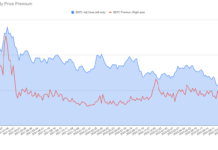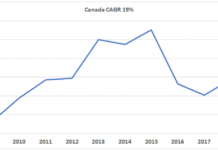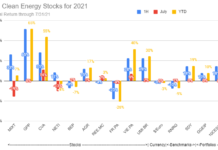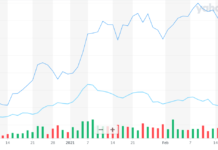Next Economy Inflection, Pt. III
Garvin Jabusch
Back at the New Year, I thought it’d be fun to write up a short recap of some of the evidence that, finally, the world is waking up to the real need to get our economies on a footing that can allow it to persist indefinitely. In that post I wrote of those observations that “these are just the first few recent ‘tipping point’-like stories to come to mind. I’ve read dozens more examples recently, and I feel the fact that I can no longer be aware of all the evidence of inflection much less keep track of it all is surely a sign in itself.”
2013 has already revealed key moves forward from institutions not traditionally aligned with post fossil fuels economy thinking.
First is the U.S. Government, which released its somewhat regular (approximately every four years), multi-agency National Climate Assessment (caution: link is to the full report PDF of 147MB) on January 11th. Its message is unequivocal, “…observed climatic changes are having wide-ranging impacts in every region of our country and most sectors of our economy. Some of these changes can be beneficial, such as longer growing seasons in many regions and a longer shipping season on the Great Lakes. But many more have already proven to be detrimental, largely because society and its infrastructure were designed for the climate of the past, not for the rapidly changing climate of the present or the future.” (Italics mine.) Federal scientists and career professionals clearly get the need for transition, as does at least one governor.
In his 2013 State of the State Address, New York Governor Andrew M. Cuomo went far beyond recognition of these facts and expressed his desire to make his state an economic leader in and therefore a beneficiary of the next economy transition: “The economy of tomorrow is the clean tech economy. We all know it, it’s a foot race – whatever state, whatever region gets there first wins the prize, and we want it to be New York.” On the topic of government inflection, I suppose it’s obligatory to mention that during his second inaugural address, President Obama did appear to be talking the talk on climate. But we’ve heard encouraging words from him before, most notably during his 2011 State of the Union Address, which I discussed at the time as being generally positive. Time will tell. As many have pointed out, the watershed decision for Obama will be final approval or disapproval of the Keystone XL pipeline. Approval would demonstrate beyond any doubt that he prioritizes short term political/monetary benefits over the long term health of the American economy or environment.
Next, in the realm of leading think tanks, the World Economic Forum (WEF), leading up to its annual meeting at Davos, Switzerland, issued its “Global Risks Report 2013,” citing climate change, water scarcity and greenhouse gas emissions among society’s chief risk factors. There’s a slightly longer discussion of WEF’s important acknowledgements towards the end of our 2012 annual shareholder letter.
Finally, Bloomberg last week reported about Goldman-Sachs that, “[t]he investment bank is backing renewable energy that it expects will gain favor in a global shift it says is inevitable. That’s why short-term volatility will be trumped by long-term gains as emerging technologies first become commonplace and then become indispensable, according to Stuart Bernstein, the Goldman partner overseeing its renewables unit.” (Italics again mine.) ‘Inevitable shifts and indispensable technologies’ might as well have been Green Alpha’s motto these past five years, and it’s great to see the world’s leading bank, which for better and worse also influences the highest monetary and fiscal policymakers worldwide, thus publicly recognize reality.
As one colleague remarked to me via email, “nobody can accuse the Goldman boys and girls of being dumb…”
Garvin Jabusch is co-founder and chief investment officer of Green Alpha ® Advisors, and is co-manager of the Green Alpha ® Next Economy Index, or GANEX and the Sierra Club Green Alpha Portfolio. He also authors the blog “Green Alpha’s Next Economy.”








